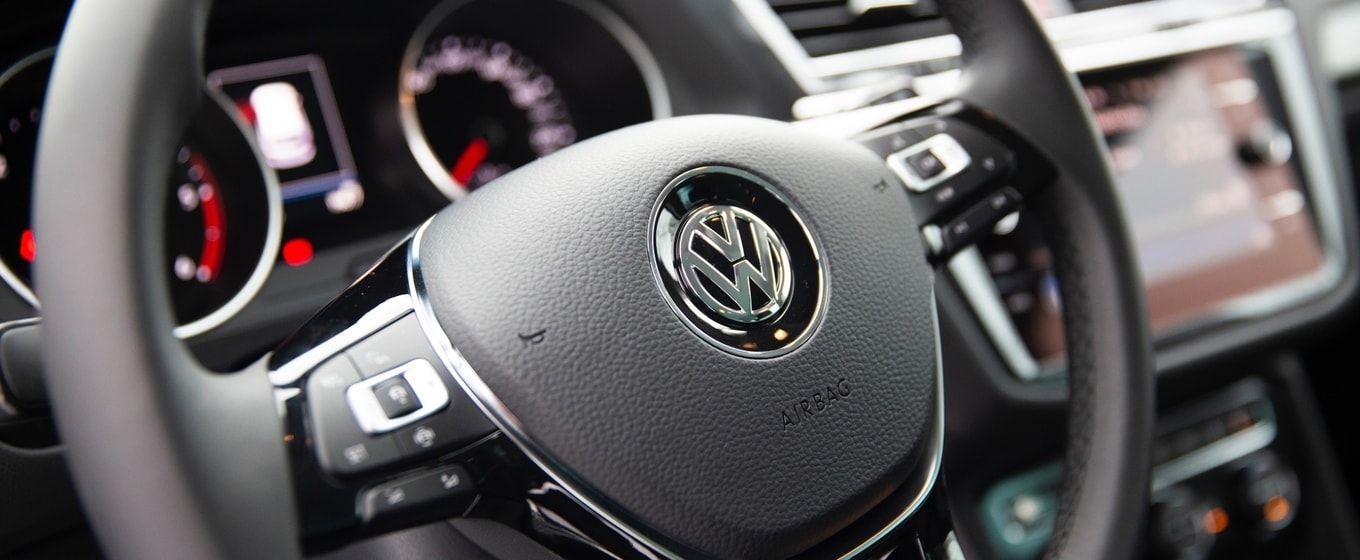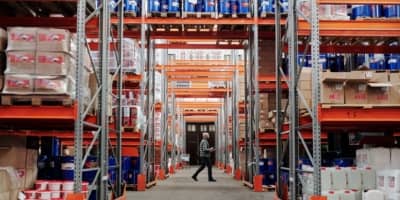SMEs in the UK are currently facing numerous economic and market challenges, which makes increasing productivity and optimising costs essential. One area SMEs can focus on is fleet management, where making a few simple changes could lead to big savings down the line.
Over the past few years, digital transformation has meant that there are many different tools that SMEs can leverage to better manage their fleet. For example, SMEs can digitize their fleet with the help of a company vehicle tracker. Not only will this improve efficiency, but it can also help SMEs tackle other challenges that fleet managers are experiencing today.
In fact, a recent study suggests that the challenges most SMEs experience when managing their fleet largely remained consistent throughout 2020. According to the study, three dominant challenges were identified in both 2019 and 2020:
1. An increase in road congestion
Road infrastructure and congestion is a perpetual problem for fleet managers, drivers and customers. Although Covid-19 has resulted in an increase of goods deliveries, overall road traffic was very low at the height of lockdown. However, recent figures from the Department for Transport reveal that light commercial vehicle traffic in the UK is now returning to pre-lockdown levels, and other research has found that some businesses plan on investing more money into their fleets to increase production and mobility going ahead.
One way to manage increased congestion is by digitising a fleet with a company vehicle tracker, as this would allow managers to spot if their drivers are servicing the same areas at once. Features like ‘Locating the Nearest Vehicle’ can ensure that fleet managers send the closest driver to a customer appointment. This will save other drivers from driving unnecessary miles on bad, congested roads, ultimately decreasing their time on the road and in traffic.
SMEs can also use this technology to optimize their vehicles’ most common routes. Comparing journeys from different days to different times makes it easier for the business to know what works and what doesn’t. This kind of vehicle tracking will make it effortless to avoid congestion at peak times.
2. The introduction of Clean Air Zones
A Clean Air Zone is a defined area where action is being taken to improve air quality. This area could be a single street or an entire section of a city. Though the pandemic has delayed the introduction of Clean Air Zones, fleet managers and drivers should be familiar with local Clean Air Zones, as vehicles entering some of these areas can be charged or fined.
Again, this can be made easier with fleet management software and a company vehicle tracker. By taking a look at drivers’ frequently used routes retroactively, managers can identify how Clean Air Zones can be avoided.
In addition, features like Geofencing allow managers to pre-mark Clean Air Zones in their area so they're notified every time a driver enters a pre-designated area. That way, managers know how often this is happening and can take measures to avoid it in real-time. The same policy could be applied to Congestion Charging areas to manage unnecessary costs.
3. Taxation and unclear Government policies
There is continued concern around the possibility of increased taxation for both cars and drivers and the clarity of ever-changing government policies. Increased taxes or government policy changes, like the Clean Air Zone, can have a significant financial impact on businesses with fleets. Businesses can offset these expenses by cost-cutting within their fleet.
Digitising and automating fleet management tasks helps identify and cut hidden, unwanted costs. A quality fleet management software can digitize car and driver records, reminding you to book in MOTs and driver license checks on time to avoid fines. No matter how much government regulation changes or becomes more complex, fleet management software can make dealing with it less of a strain - in terms of both time and money.
Looking ahead
Whilst Covid-19 has clearly had a devastating impact on UK SMEs, it’s encouraging to see that solutions to the biggest fleet challenges are not reliant on Government lockdowns, public safety or a vaccine. Digital transformation means that SMEs have greater access to solutions that will help them to better manage their fleet, no matter if it's used for deliveries, getting to customer appointments or even just for staff travel. It’s simply a case of adapting and picking the right fleet management software for your particular business and its needs.
About the Author
Andreas Schneider is the founder and CEO of Vimcar - the leading provider of fleet management software for SMEs in Central Europe. Its SaaS solutions cover all aspects of fleet management with more than 90,000 vehicles using Vimcar’s award-winning software.









These cookies are set by a range of social media services that we have added to the site to enable you to share our content with your friends and networks. They are capable of tracking your browser across other sites and building up a profile of your interests. This may impact the content and messages you see on other websites you visit.
If you do not allow these cookies you may not be able to use or see these sharing tools.